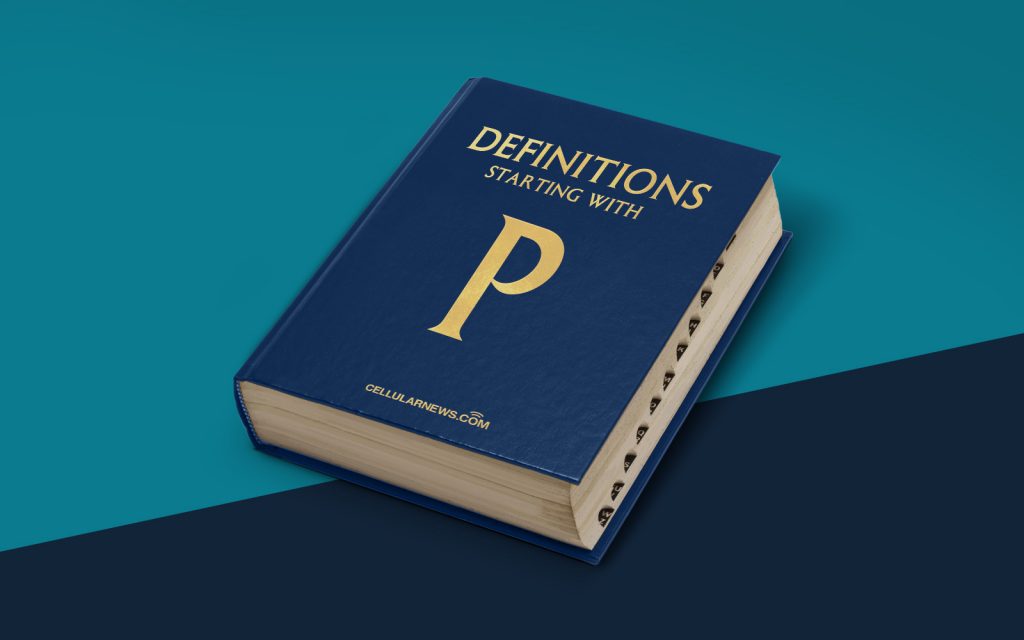
What is the PROTECT IP Act of 2011 (PIPA)?
Welcome to the “DEFINITIONS” category of our blog, where we break down complex terms and concepts in a simple and understandable way. Today, we will be diving into the world of internet legislation and discussing the PROTECT IP Act of 2011, also known as PIPA. So, if you’ve ever wondered what PIPA is all about and how it affects you, you’ve come to the right place!
Key Takeaways:
- PIPA was a proposed piece of legislation that aimed to combat online copyright infringement and counterfeiting.
- It faced significant opposition from various internet companies and activists who argued that it could lead to censorship and undermine internet freedom.
The PROTECT IP Act of 2011, or PIPA, was a bill introduced in the United States Senate with the goal of combating online piracy and counterfeit goods. The acronym PIPA stands for “Preventing Real Online Threats to Economic Creativity and Theft of Intellectual Property Act”. The main objective of this legislation was to provide the government and copyright holders with additional tools to enforce intellectual property laws on the internet.
Under PIPA, the Attorney General would have the power to seek court orders against websites that were found to be dedicated to infringing activities, such as offering unauthorized copies of copyrighted content or selling counterfeit goods online. These court orders could include measures to block access to the website, remove the website from search engine results, and even block financial transactions with the website.
However, PIPA faced significant opposition from various internet companies and activists, including giants like Google, Facebook, and Wikipedia. They argued that the bill could have unintended consequences for internet freedom and innovation, potentially leading to censorship and an overreach of government power. Critics also raised concerns about the lack of specificity in the bill’s language, fearing that it could be used to target legitimate websites and stifle legitimate speech.
Ultimately, due to the widespread backlash against PIPA, the bill was eventually abandoned and never became law. However, it did pave the way for further discussions and subsequent legislation aimed at addressing the complex issue of online copyright infringement and piracy.
Key Takeaways:
- PIPA was a proposed piece of legislation that aimed to combat online copyright infringement and counterfeiting.
- It faced significant opposition from various internet companies and activists who argued that it could lead to censorship and undermine internet freedom.
In conclusion, the PROTECT IP Act of 2011, or PIPA, was a controversial piece of legislation designed to combat online piracy and counterfeit goods. Despite its intention to protect intellectual property rights, PIPA faced strong opposition due to concerns over potential censorship and infringement on internet freedom. The bill serves as a reminder of the ongoing battle to strike a balance between protecting creativity and innovation while upholding the principles of a free and open internet.
